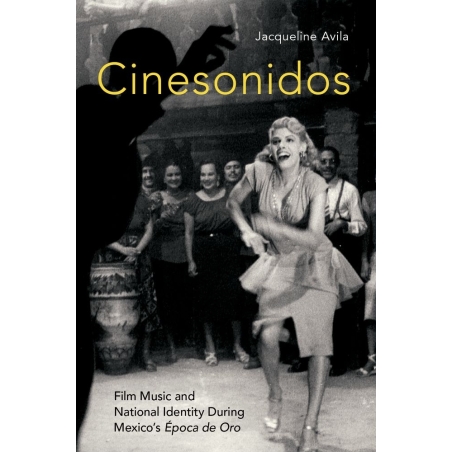Author Jacqueline Avila looks at the ways that Mexican cinema and its music during the silent and early sound periods continuously reshaped the contested, fluctuating space of Mexican identity, functioning both as a sign and symptom of social and political change.
CONTENTS
Acknowledgements
Introduction
Chapter One: The Prostitute and the Cinematic Cabaret: Musicalizing the Fallen Woman and Mexico City's Nightlife
Chapter Two: The Salon, the Stage, and Porfirian Nostalgia
Chapter Three: The Sounds of Indigenismo: Cultural Integration and Musical Exoticism in Janitzio (1934) and Maria Candelaria (1943)
Chapter Four: The Singing Charro in the Comedia Ranchera: Music, Machismo, and the Invention of a Tradition
Chapter Five: The Strains of the Revolution: Musicalizing the Soldadera in the Revolutionary Melodrama
Epilogue
Bibliography
| Series | Oxford Music / Media |
|---|


